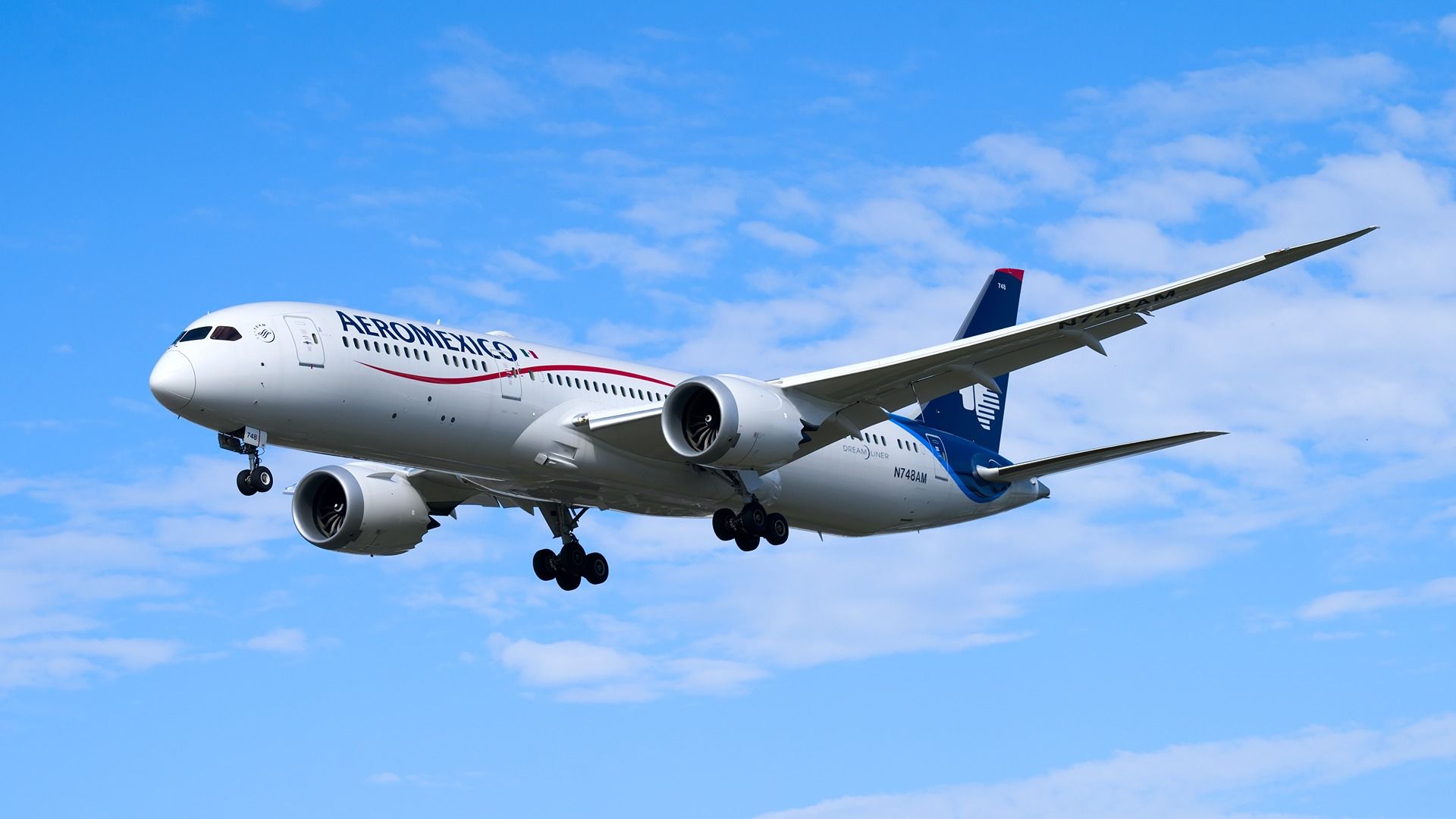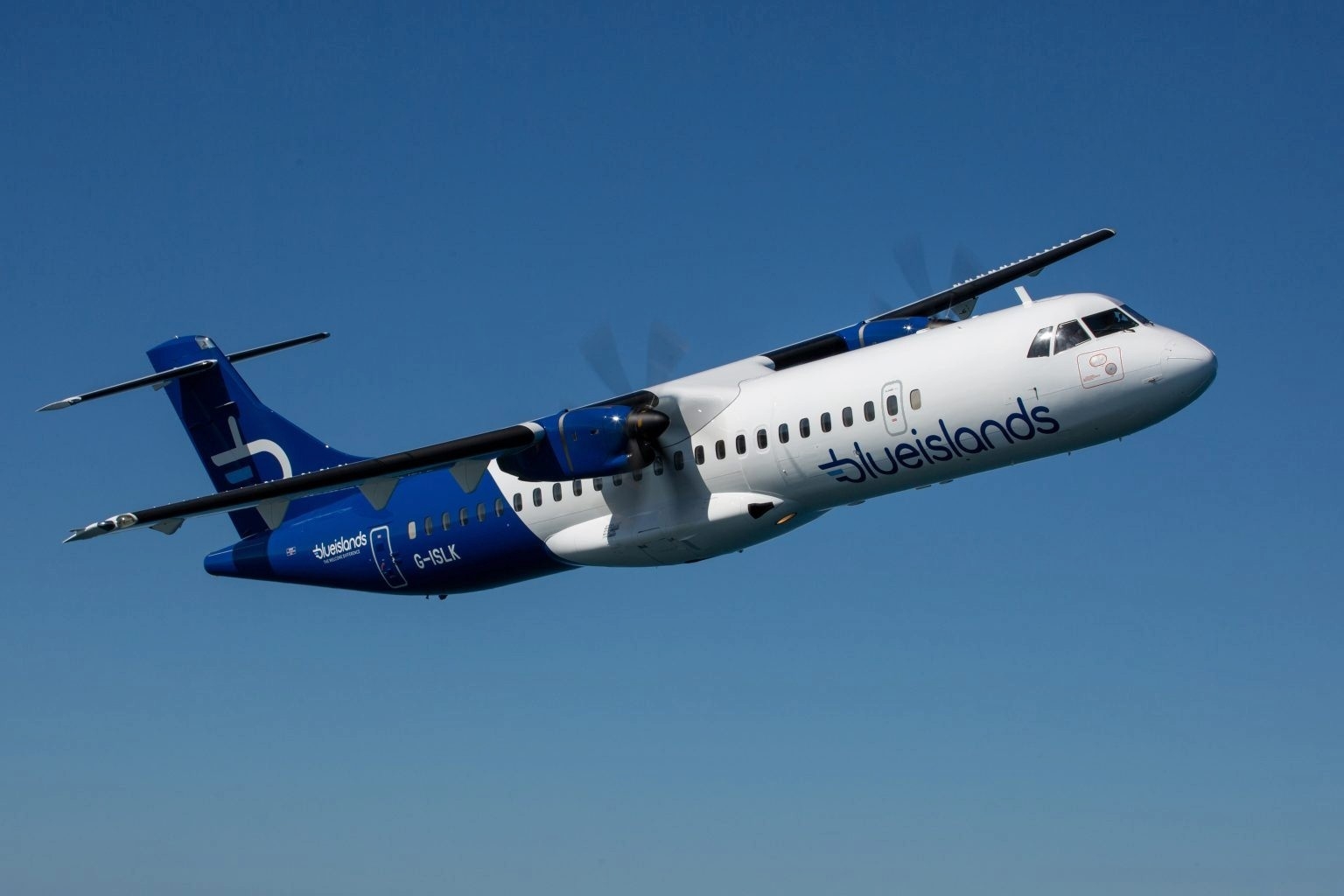The United States has revoked approval for Mexican airlines to operate on 13 routes into the country, a decision driven by what officials describe as unfair competitive advantages for Mexican carriers. The affected airlines include Aeromexico, Volaris, and Viva Aerobus, with the US Department of Transportation (US DoT) citing previous disputes as a key factor in this decision.
The rescinded routes encompass services from both Mexico City International Airport (MEX) and Felipe Angeles International Airport (NLU). Among the specific routes that have lost approval are several high-traffic connections, including NLU to Austin, Orlando, Los Angeles, Miami, and New York, as well as MEX to San Juan, Chicago, Houston, Denver, McAllen, and Newark.
Background of the Dispute
The US government’s actions are tied to a series of events that unfolded in 2022. During that year, Mexican authorities allegedly revoked operational slots from US carriers such as United Airlines, Delta Air Lines, and American Airlines at MEX. Although the Mexican government claimed these changes were temporary due to construction, reports indicate that significant development did not occur, and the slots have not been returned.
In a recent statement, Sean Duffy, the US Transportation Secretary, emphasized the importance of holding Mexico accountable. He stated, “Until Mexico stops the games and honors its commitments, we will continue to hold them accountable. No country should be able to take advantage of our carriers, our market, and our flyers without repercussions.”
The situation escalated further when all US-based cargo operators were mandated to relocate their operations from MEX to NLU in 2023.
Impact on US-Mexico Air Transport Relations
The ongoing tensions between the two nations have resulted in increasingly stringent regulations. Earlier this year, Mexican airlines were required to submit flight schedules and obtain prior approvals for US flights. The US DoT also revoked the antitrust immunity of the joint venture between Delta and Aeromexico, which had allowed the two companies to coordinate pricing and capacity for flights between the US and Mexico City. This joint venture had reportedly given them a combined market share of approximately 60% on those routes.
In addition to focusing on Mexico, the US is closely monitoring air transport dynamics in Europe. Concerns have grown regarding several European nations that have begun to restrict flight capacities under the guise of sustainability and noise abatement. For instance, Amsterdam Schiphol Airport (AMS) attempted to reduce flight movements for 2024, which led to complaints from airlines, including JetBlue, as they faced the loss of valuable slots. This situation necessitated intervention from the US DoT and the European Union to resolve the matter in favor of the airlines.
The recent revocation of route approvals for Mexican carriers underscores the complexities involved in international air transport agreements and the need for ongoing dialogue to ensure fair competition. As both countries navigate these challenges, the impact on travelers and the aviation industry remains to be seen.







